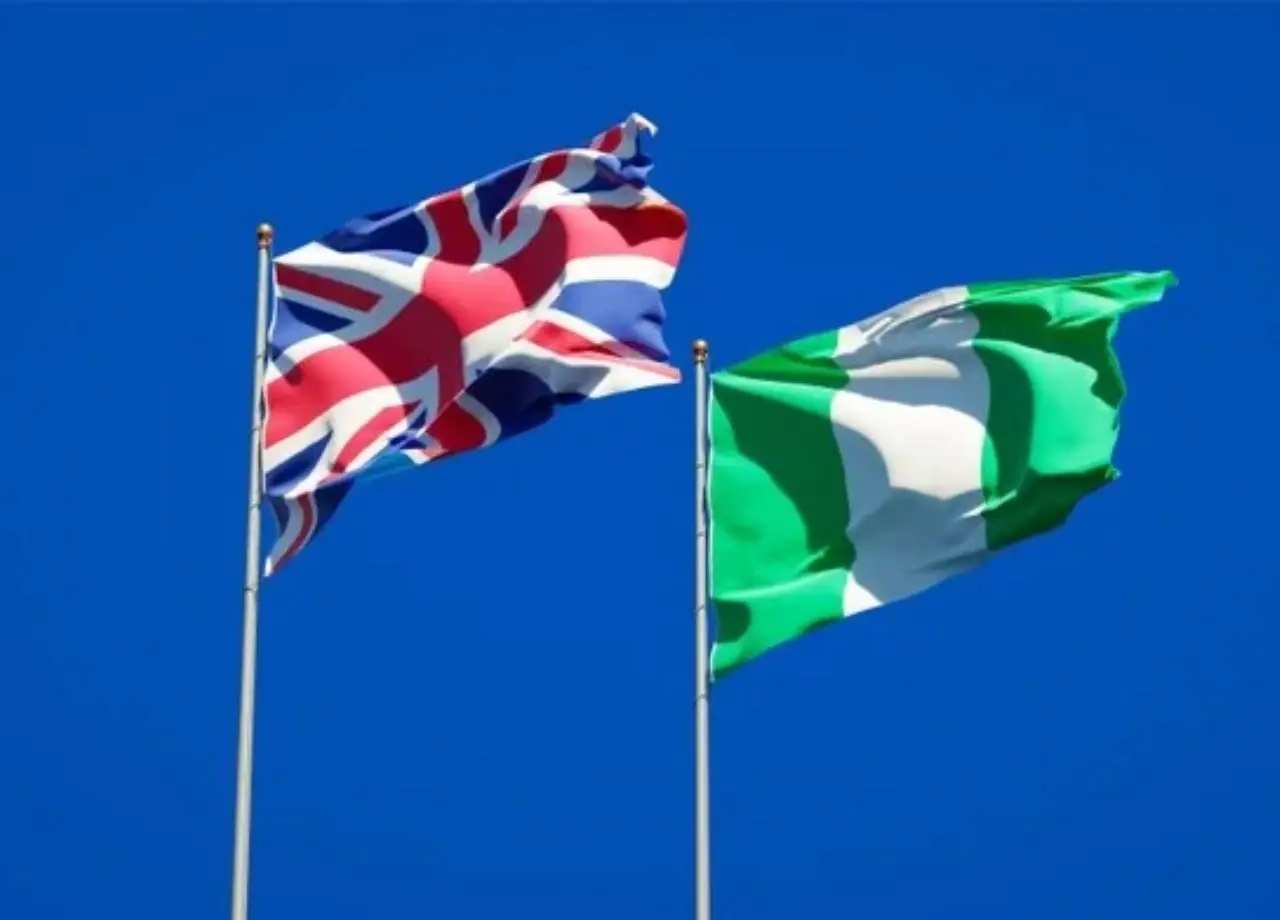Immigration calls for bilateral agreement between Nigeria, UK on child adoption

Immigration calls for bilateral agreement between Nigeria, UK on child adoption

Immigration calls for bilateral agreement between Nigeria, UK on child adoption
Notifications